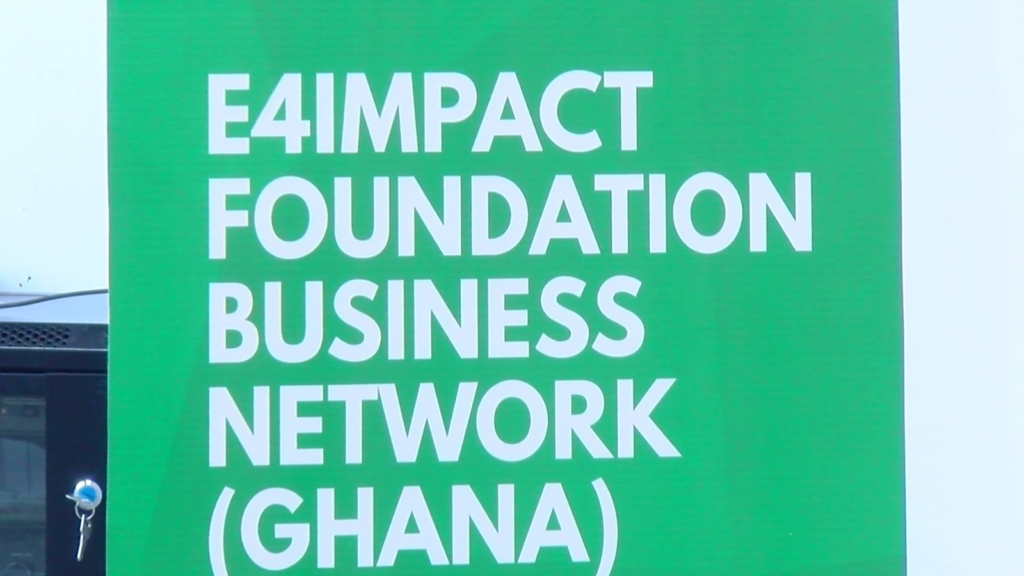
The University of Professional Studies, Accra (UPSA), in partnership with E4Impact Ghana and the Africa Entrepreneurship School, has launched the INSPIRE Project, a new initiative designed to equip small and medium enterprises (SMEs) with practical skills to grow and thrive in Ghana’s competitive business landscape.
The launch took place during the Inspire Business Seminar at UPSA, where entrepreneurs, academics, and industry players gathered to discuss sustainable strategies for SME development.
Senior Lecturer and Coordinator of the MBA Impact Entrepreneurship and Innovation Programme at UPSA, Dr. Andrews Ayiku, emphasized that funding alone is not enough to sustain SMEs.
“Entrepreneurs need mentorship, coaching, and practical tools. Through the Inspire Project, we are helping businesses design strong revenue models, understand cost drivers, and build lasting customer relationships,” he explained.

Representing the Africa Entrepreneurship School, Cleo Bowen highlighted the importance of continuous coaching and follow-up support for business owners.
She said, “This program provides tools and opportunities that SMEs can apply immediately. Our goal is to ensure that entrepreneurs not only gain knowledge but also have long-term guidance to sustain growth,”
The Dean of the School of Graduate Studies at UPSA, Dr. Michael Kwame Mickson, underscored the university’s commitment to blending academic learning with real-world business experience.
“UPSA’s graduate programs are designed to align with industry needs. Initiatives like the Inspire Project ensure that our students and entrepreneurs benefit from both theoretical knowledge and practical exposure,” he noted.

The Inspire Project will not be a one-off event. Dr. Andrews Ayiku announced that the seminar series will be held monthly, each focusing on critical challenges faced by entrepreneurs, including access to markets, financial management, and adapting to Ghana’s evolving 24-hour economy initiative.
“SMEs make up the backbone of Ghana’s economy, yet many face hurdles such as limited market access, weak financial structures, and inadequate managerial skills. Through this project, UPSA and its partners aim to provide solutions that go beyond financial assistance, offering mentorship, case studies, and hands-on training necessary for long-term sustainability.”

The initiative is free and open to entrepreneurs across sectors. Future sessions will feature industry experts and provide networking opportunities for SMEs to collaborate and expand.